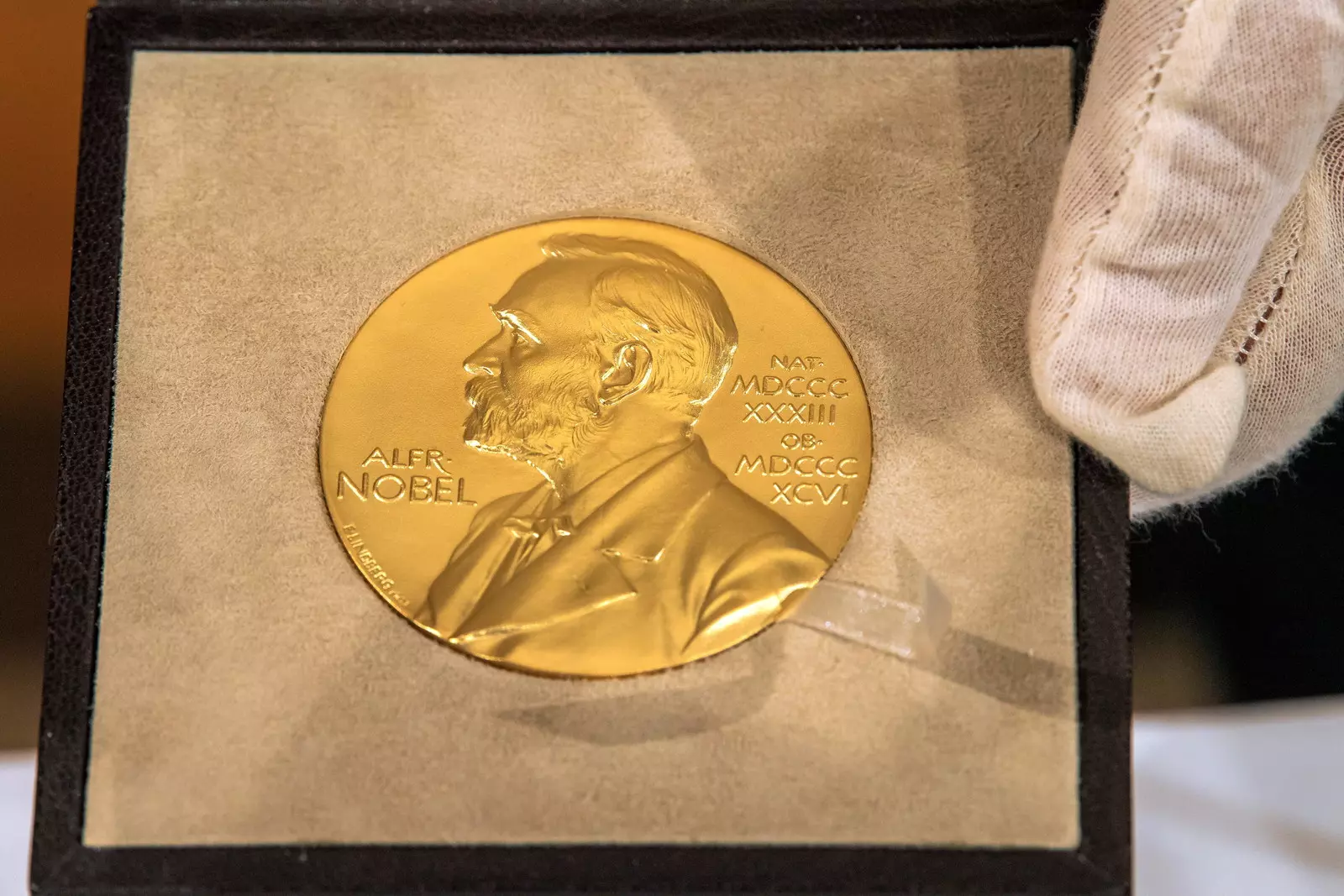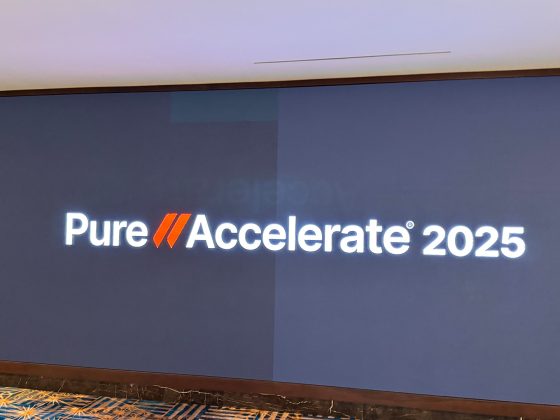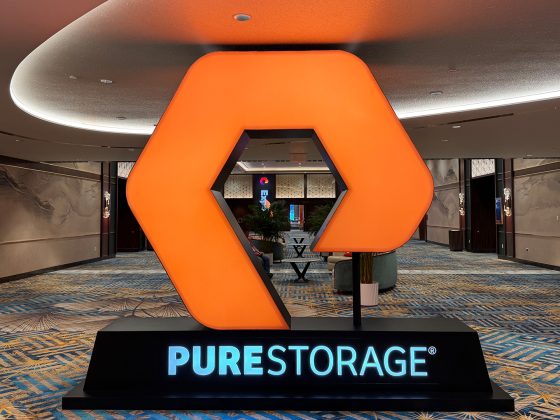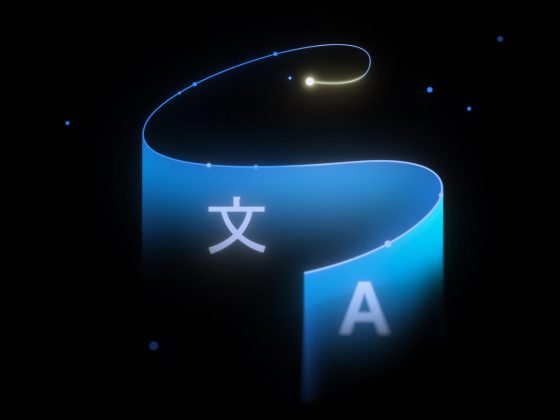Image: REUTERS
- The Nobel Prizes for 2023 are being announced between 2 and 9 October.
- Scientific discoveries that led to the development of effective mRNA vaccines against COVID-19 were among the prize-winning efforts.
- From medicine to literature, here’s what you need to know about the 6 awards this year.
In May 2023, the World Health Organization declared the end of COVID-19 as a global health emergency. The pandemic claimed more than 6.9 million lives in three years.
From our partners:
The speed with which vaccines against the virus were produced was unprecedented. At the time of writing, more than 13.5 billion doses of COVID-19 vaccines have been administered and more than 70% of the global population has received at least one dose.
Now two scientists whose research led to the development of the Pfizer-BioNTech and Moderna COVID-19 mRNA vaccines have been awarded the Nobel Prize for Medicine, the first laureates to be named this year.
Nobel Prize for Physiology or Medicine
Hungarian scientist Katalin Kariko and her US colleague Drew Weissman met in the queue for the photocopier in 1998 – and went on to work together.
In 2005, they overcame a major hurdle in the use of messenger RNA (mRNA) technology, developing “nucleoside base modifications”, which stop the immune system from launching an inflammatory attack lab-made mRNA.
“We couldn’t get people to notice RNA as something interesting,” Weissman said. “Pretty much everybody gave up on it.”
Kariko is a former senior vice president and head of RNA protein replacement at German biotech firm BioNTech, which developed an mRNA COVID-19 vaccine with Pfizer.
“The laureates contributed to the unprecedented rate of vaccine development during one of the greatest threats to human health in modern times,” said the Nobel Assembly of Sweden’s Karolinska Institute medical university.

0 seconds of 1 minute, 28 secondsVolume 90%
Nobel Prize for Physics
It may be possible to detect traces of disease more easily in future, thanks to the work of three scientists who were awarded the Nobel Prize for Physics.
Pierre Agostini, Ferenc Krausz and Anne L’Huillier literally shone light on the movement of electrons inside atoms and molecules, something previously thought impossible.
The trio created ultra-short pulses of light that can give a snapshot of changes within atoms, providing a tool that could help with the detection of disease molecules in blood samples.
“The ability to generate attosecond pulses of light has opened the door on a tiny, extremely tiny, time scale and it’s also opened the door to the world of electrons,” said Eva Olsson, from the Nobel Prize in Physics Selection Committee.
Nobel Prize for Chemistry
Three Nobel Laureates in Chemistry 2023 are also recognized for pioneering work on a tiny scale – in nanotechnology – creating particles so small their properties are determined by quantum phenomena.
In the 1980s, Alexei Ekimov achieved size-dependent quantum effects in coloured glass via copper chloride nanoparticles. Louis Brus later proved this in fluid-suspended particles, while in 1993, Moungi Bawendi improved quantum dot production for practical use.
Quantum dots, luminescent nanoparticles made of semiconducting materials, are now used in everything from computer monitors and TV screens to LED lamps and the latest techniques for mapping biological tissue.
“In terms of size, it has the same relationship to a football as a football has to the size of Earth,” explained the Royal Swedish Academy of Sciences in a recent X (formerly Twitter) post.
Nobel Prize for Literature
Jon Fosse, one of the world’s most performed playwrights, has been awarded the Nobel Prize in Literature.
The versatile Norwegian’s work includes everything from plays and novels, written in a pared-back minimalist style, to poetry collections, essays and children’s books.
There have been more than 1,000 different productions of his plays, while his work, written in “new Norwegian”, has been translated into 40 different languages.

Among them is the Septology series of three books: The Other Name (2019), I is Another (2020), and A New Name (2021).
Swedish Academy member Anders Olsson said Fosse’s work “touches on the deepest feelings that you have, anxieties, insecurities, questions of life and death … It has a sort of universal impact”.
Nobel Peace Prize
Imprisoned Iranian women’s rights activist Narges Mohammadi was awarded the Nobel Peace Prize on 6 October.
Mohammadi is currently serving multiple prison sentences in Tehran that add up to 12 years, for crimes including propaganda against the state.
She is the deputy head of the Defenders of Human Rights Center, an NGO led by Shirin Ebadi, who won the Peace Prize exactly 20 years ago.

Berit Reiss-Andersen, head of the Norwegian Nobel Committee, said: “This prize is first and foremost a recognition of the very important work of a whole movement in Iran, with its undisputed leader, Narges Mohammadi.”
The announcement comes a year after Mahsa Amini died in police custody for allegedly flouting the Islamic Republic’s dress code for women.
At the World Economic Forum’s Annual Meeting in Davos, Iranian-British actress Nazanin Boniadi joined a panel session Women’s Rights in Iran – What Next?
Boniadi spoke to Radio Davos about the female-led revolution in Iran, saying: “Iranian women have managed to galvanize Iranian society at large to understand the intersectionality of gender equality and any other basic human right.”
Nobel Economics Prize
This year’s Sveriges Riksbank Prize in Economic Sciences in Memory of Alfred Nobel has been awarded to Harvard Professor Claudia Goldin for “having advanced our understanding of women’s labour market outcomes”.
Goldin provided the first comprehensive account of earnings and labour market participation for women across the centuries, collecting more than 200 years of US data, explains the Nobel Prize. Her work has helped build an understanding of historical changes in the gender gap – but also the causes of the gaps that remain.

Her work showed that female labour market participation didn’t have an upwards trajectory across the period, but instead declined with the onset of the Industrial Revolution, before rising again as the modern services economy started to grow. She also offered explanations for the earnings gap that remains and the role of the contraceptive pill.
“Understanding women’s role in the labour is important for society. Thanks to Claudia Goldin’s groundbreaking research we now know much more about the underlying factors and which barriers may need to be addressed in the future,” says Jakob Svensson, Chair of the Committee for the Prize in Economic Sciences.
By: Kate Whiting (Senior Writer, Forum Agenda)
Originally published at: World Economic Forum
For enquiries, product placements, sponsorships, and collaborations, connect with us at [email protected]. We'd love to hear from you!
Our humans need coffee too! Your support is highly appreciated, thank you!




